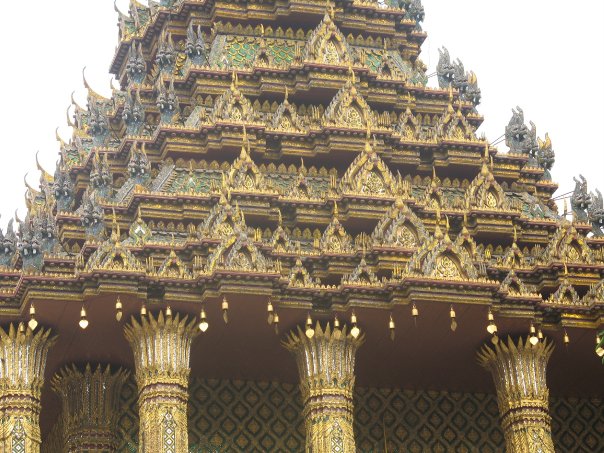 |
| Robert Bolt's 'A Man for All Seasons'. Photo: Patrick Huber [CC BY-NC-SA 2.0] |
Australians are getting the distinct feeling that they are no longer governed over by law – but rather by lawyers, technocrats, the media, and celebrities. It’s not only the bizarre ritual of ‘trial by mob’ making a comeback in the #MeToo era – it is everything. Our institutions have lost touch with what were once binding ideas and now society has been cast adrift, left to the mercy of headlines and hashtags.Australians are feeling increasingly as though they are not governed by laws, but rather lawyers, technocrats, the media, and celebrity opinion.
— The Spectator Australia (@SpectatorOz) December 14, 2022
It's not just the rise of 'trial by #MeToo' - so-called #socialjustice and mob rule is invading our system.https://t.co/xdf0TmVZ8k
 Donate
Donate




























